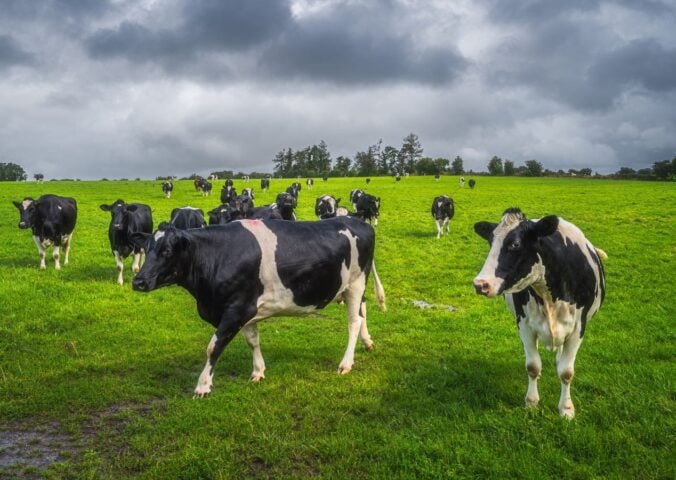A ‘surprising’ number of omnivores are ‘disgusted’ by meat, according to a new study.
Researchers from the University of Exeter showed pictures of food to more than 700 people, including omnivores, flexitarians, and vegetarians.
‘Disgusted’ by meat
They found around seven percent of meat-eaters (15 percent flexitarians and three percent omnivores) had a ‘fairly strong disgust response’ when shown images of meat dishes.
These pictures featured foods commonly eaten in the UK such as roast chicken and bacon.
Moreover, as a group, omnivores rated meat images about twice as disgusting on average compared to pictures of carbohydrate-rich foods like bread, chips, and rice.
“Meat consumption is increasingly seen as unsustainable, unhealthy, and unethical, and many people want to eat less meat.”
Elisa Becker, Postgraduate Research Student
Elisa Becker is a Postgraduate Research Student at the University of Exeter. She said: “We were surprised to find that so many people are grossed out by meat – even people who eat meat all the time.
“Our results don’t explain why these people eat meat. But, it’s possible that habits, family, and cultural traditions all play a part.
“Meat consumption is increasingly seen as unsustainable, unhealthy, and unethical, and many people want to eat less meat.
“If you’re trying to cut down your meat intake, sheer willpower may not be enough – but harnessing the ‘yuk factor’ could be the way to go.”
To be classified as having ‘fairly strong’ meat disgust, participants had to rate six meat images closer to ‘very much’ than ‘not at all’ on a sliding scale of disgust. They also had to show evidence of meat disgust via a rapid-response task.
The study has been published in Appetite. It concludes that meat disgust had an association with those who had reduced their intake over the last six months.
‘Help people reduce their meat intake’
“We hope this information helps us develop new interventions to help people reduce their meat intake,” added Professor Natalia Lawrence.
“Not everyone wants to reduce their meat consumption. But, for those who do, we’re working on computer tasks that might help them harness the power of disgust in a fun way.
“It’s important to note that our study does not establish causation. So, further research is needed to find out whether meat disgust causes people to eat less meat… Or whether avoiding meat allows these negative emotional responses to develop or be expressed.”
You can view the full study here






